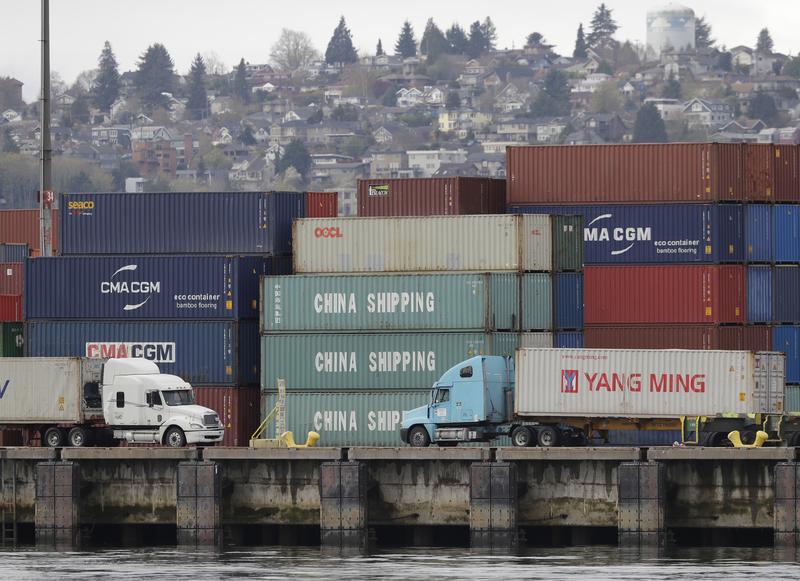[music]
Brian Lehrer: Brian Lehrer on WNYC. Today through Thursday, we're going to end the show with a series of 10-minute explainers with an expert who will demystify some familiar but little understood concepts. We're kicking off the series with the supply chain issues that we're currently experiencing. Maybe you've been waiting longer for packages, or have missed your favorite pasta shape at the grocery store, or have had trouble renting a car, but what's actually going on and what are some of the root causes? Here to make sense of all this for us is New Yorker staff writer, Amy Davidson Sorkin. She's written about it in her piece in The New Yorker, The Supply-Chain Mystery. Amy, welcome back to WNYC. Thanks so much for joining us again.
Amy Davidson Sorkin: Thanks for having me.
Brian Lehrer: Are shortages happening globally, and are all consumers impacted, or is this a United States thing?
Amy Davidson Sorkin: It's not specific to the United States. I wouldn't say it's happening every single place in the world, but it's happening in a lot of places in the world. The whole world has experienced COVID-19, and that has had an effect in different ways in different places, but it's also the fact that it's hard to separate out something that's happening here from something that's happening elsewhere.
For example, a lot of the bottleneck on supplies in the US right now are happening at the Port of Los Angeles and Long Beach, which is right next to it, where there's basically a traffic jam of container ships. Those are coming from manufacturers in Asia, bringing things to the US. We can't get them unloaded fast enough, partly because there's a labor shortage at the ports, partly because there aren't enough truck drivers to get them away from the ports.
That also means that those container ships aren't taking other loads of cargo other places. They aren't getting them to whatever other country that they might be going toward unloading things or loading things off at a port in Asia. It's hard almost to figure out when we say, "Is it just here? Or is it just there?" Because we're so interconnected. Any good that you could mention almost has an interconnected element to it.
I just caught when I came on your discussion of vodka and I was thinking about that. Say you're a maker of vodka and you can't get the exact chocolate that you want, it's harder for you to get your vodka across the country because there's a shortage of truck drivers. There might be a shortage of truck drivers because of something that's a big aspect of this. As anybody who's tried to buy a used car or rent a car, there's a shortage of vehicles that's related to a chip shortage, which is related to factory closures in Asia. Many of them because of COVID-19.
Another aspect of it though, is that there are a lot of other things that are disrupting our supply chains. For example, we've had Hurricane Ida, or in the UK, Brexit, and it's hard sometimes to separate out exactly what is what, but the thing they have in common is the COVID era revelation of how fragile our supply chains are and how


